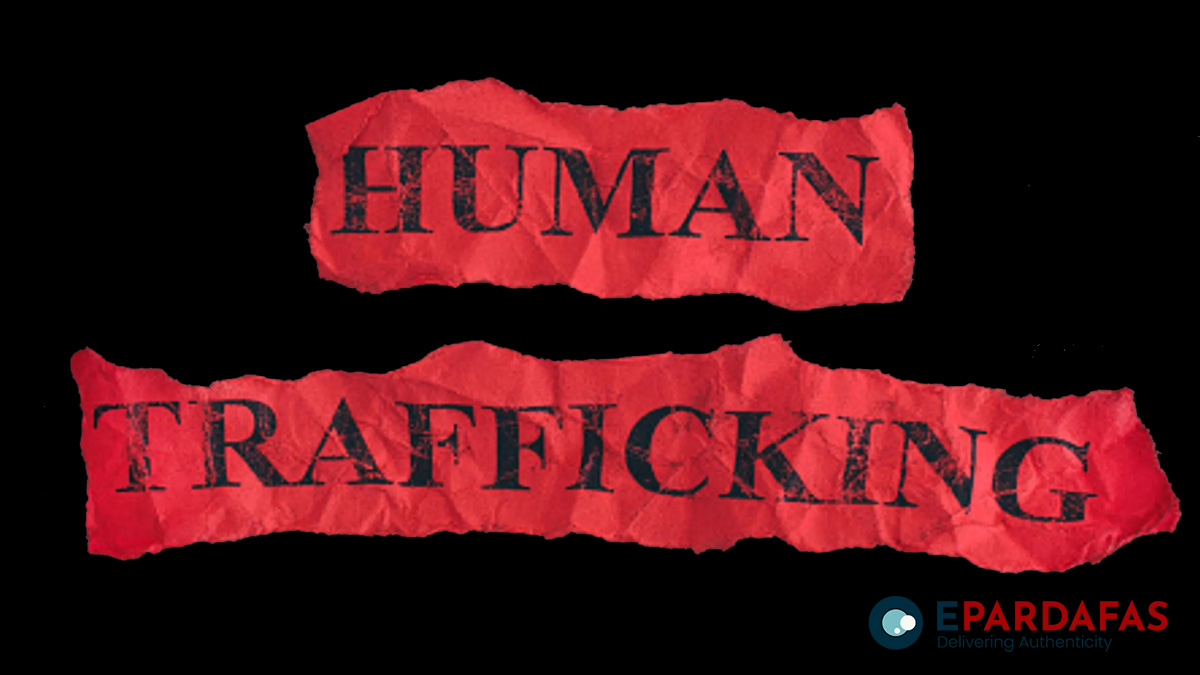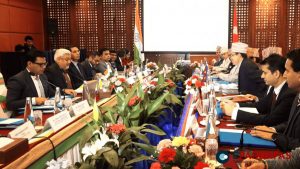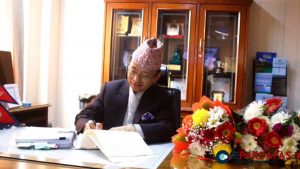
Stakeholders Push for Amendments to Human Trafficking Act in Line with International Protocols
Stakeholders are calling for amendments to Nepal’s Human Trafficking and Transportation (Control) Act, 2064, to align it with the international “Palermo Protocol,” a United Nations Convention against Transnational Organized Crime. Nepal approved the Palermo Protocol, which includes three key protocols, on June 16, 2020, to address transnational organized crime collectively.
At today’s meeting of the Women and Social Affairs Committee of the House of Representatives, the Alliance Against Trafficking in Women and Children in Nepal (AATWIN) presented a proposal for amendments to the Act. Binu Maya Gurung, Executive Director of AATWIN, criticized the current law for its narrow definition of human trafficking, which primarily focuses on physical trafficking for prostitution. She emphasized that the law should also address labor exploitation, as outlined in the Palermo Protocol. Gurung further highlighted the need to amend the law to better protect victims’ privacy, as well as address issues related to child rights and child abuse.
During the meeting, Chakra Prasad Adhikari, Acting Secretary of the Ministry of Home Affairs, acknowledged that the methods of human trafficking are evolving and stressed the shared responsibility of the state, police, and other stakeholders in combating the crime.
Committee members offered various suggestions for controlling human trafficking. Many MPs agreed that tightening border security could significantly reduce trafficking. MP Javeda Khatun pointed out that India is a particularly vulnerable region for human trafficking and suggested that monitoring through CCTV and mandatory identity checks could help in control efforts. Similarly, MP Roshan Karki urged the Ministry of Home Affairs to prioritize border security measures. MP Ishwar Bahadur Rijal added that, in addition to strengthening control mechanisms, the state should focus on raising public awareness and creating employment opportunities to address the root causes of trafficking.













Comments